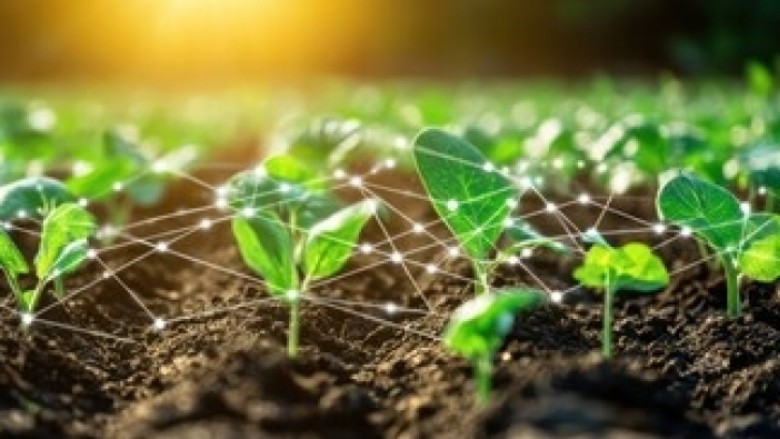Globally, agriculture receives over US$650 billion annually in public support, but more than 60 percent of this support is distortionary, leading to inefficient resource use, market disruptions, and environmental harm.
Repurposing even 10 percent of global agricultural support toward climate-resilient innovations could generate US$2.4 trillion in additional output by 2040, reduce food prices by 18 percent, cut emissions by 40 percent, and restore farmland to natural habitats.
This self-paced eLearning course equips policymakers, and stakeholders with the knowledge and tools to redirect agricultural support for sustainable transformation.
It consists of three modules covering the fundamentals of repurposing, practical tools and approaches such as the FAO MAFAP Methodology, and country case studies showcasing innovative pathways.
By completing the course, participants will gain the skills needed to design policies that enhance food security, protect natural resources, and improve farmer livelihoods.
